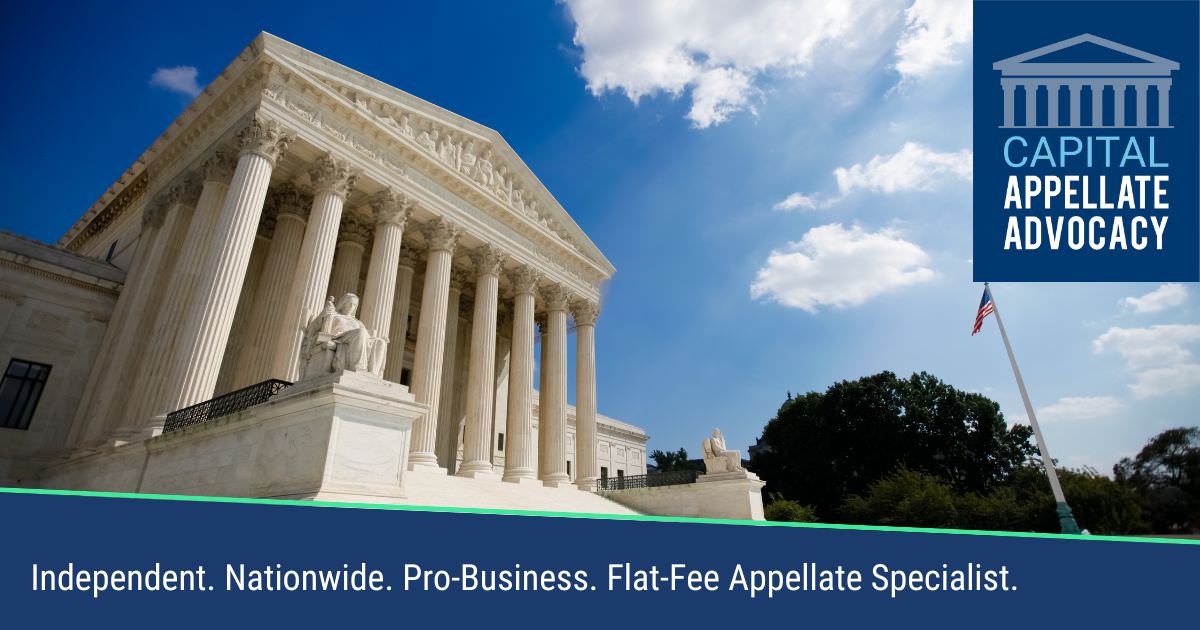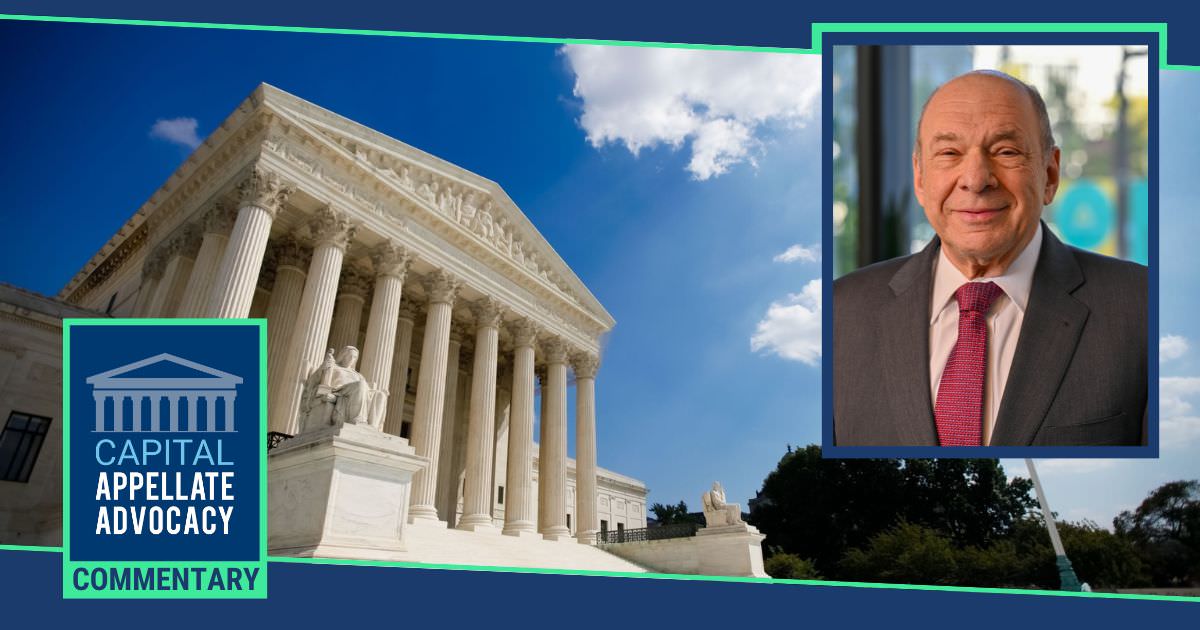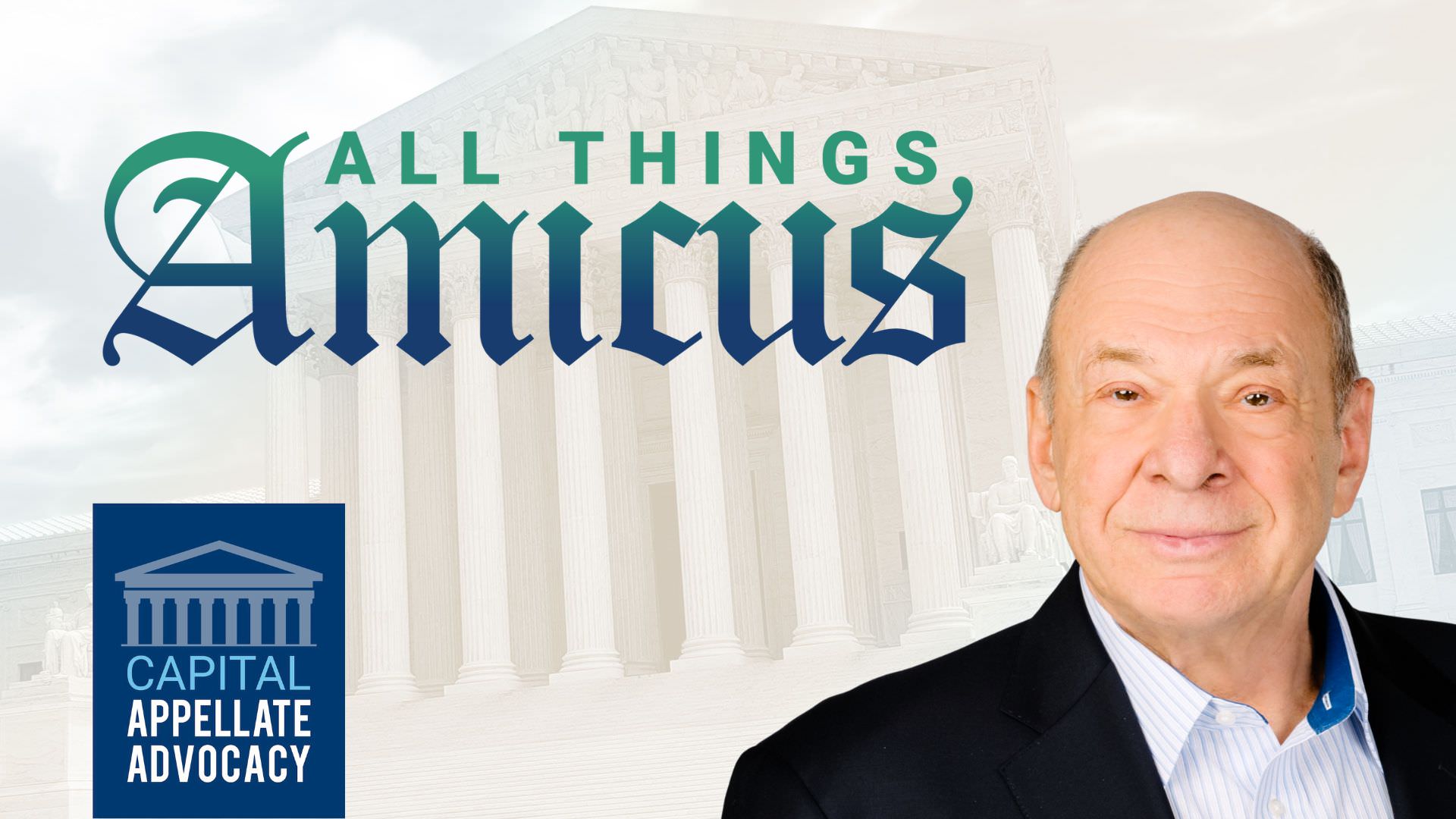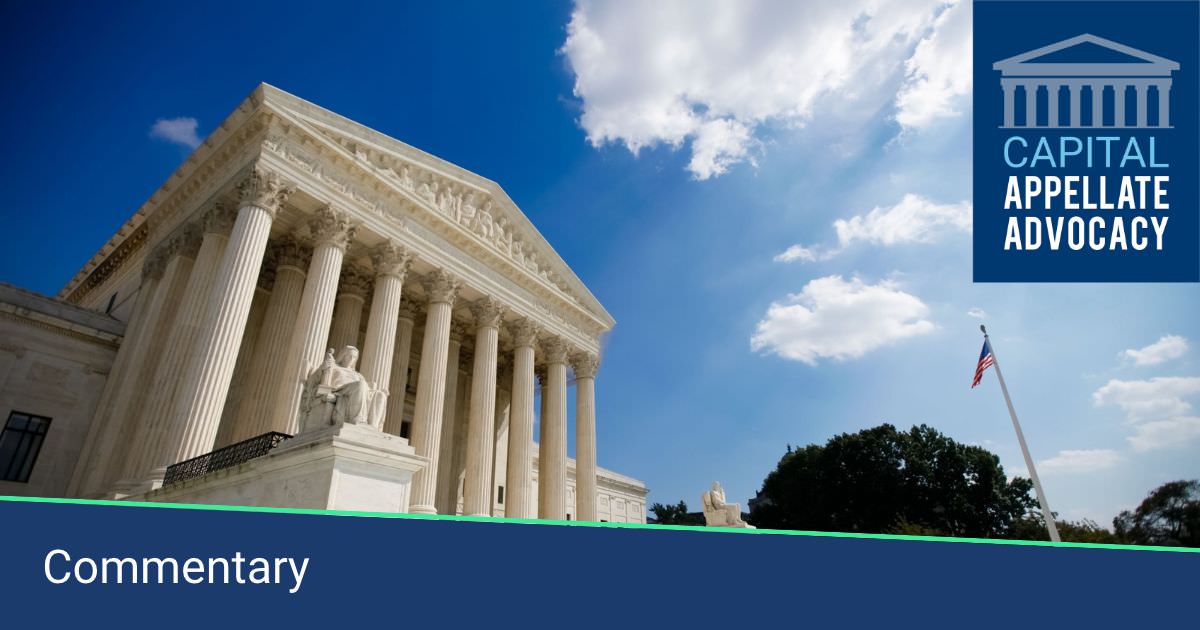ALF Urges 4th Circuit To Enforce Electronic Ticket Arbitration Agreements
Electronic tickets, purchased online for admission to sports, entertainment, and many other types of events, have become ubiquitous. When small groups, such as friends or family, plan to attend an event together, it is customary for one individual to purchase tickets for the group, download them to and store them on his or her mobile […]
ALF Urges 4th Circuit To Enforce Electronic Ticket Arbitration Agreements Read More »








